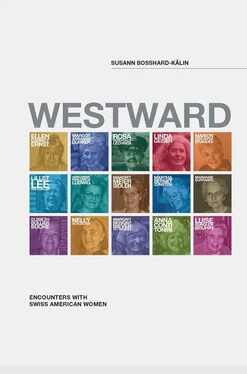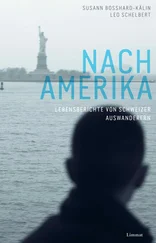Leo Schelbert - Westward
Здесь есть возможность читать онлайн «Leo Schelbert - Westward» — ознакомительный отрывок электронной книги совершенно бесплатно, а после прочтения отрывка купить полную версию. В некоторых случаях можно слушать аудио, скачать через торрент в формате fb2 и присутствует краткое содержание. Жанр: unrecognised, на английском языке. Описание произведения, (предисловие) а так же отзывы посетителей доступны на портале библиотеки ЛибКат.
- Название:Westward
- Автор:
- Жанр:
- Год:неизвестен
- ISBN:нет данных
- Рейтинг книги:3 / 5. Голосов: 1
-
Избранное:Добавить в избранное
- Отзывы:
-
Ваша оценка:
- 60
- 1
- 2
- 3
- 4
- 5
Westward: краткое содержание, описание и аннотация
Предлагаем к чтению аннотацию, описание, краткое содержание или предисловие (зависит от того, что написал сам автор книги «Westward»). Если вы не нашли необходимую информацию о книге — напишите в комментариях, мы постараемся отыскать её.
Westward — читать онлайн ознакомительный отрывок
Ниже представлен текст книги, разбитый по страницам. Система сохранения места последней прочитанной страницы, позволяет с удобством читать онлайн бесплатно книгу «Westward», без необходимости каждый раз заново искать на чём Вы остановились. Поставьте закладку, и сможете в любой момент перейти на страницу, на которой закончили чтение.
Интервал:
Закладка:
Ellen says that she still can delve into each layer of her life; “I have only given you excerpts. I took life as it presented itself; I lived according to the Greek expression panta rhei – to let one self be carried along. This requires no courage. The process, the development, was always more interesting and more satisfying to me than the end result.
“I was mother, wife, teacher, therapist and handicraft artist. And with this versatility I was probably little suited for a professional career. Even today I take each day as it comes. This is wonderful. And actually it is even more interesting today than in earlier times. Looking back I see how everything fits together. Is this wisdom? I have no idea! This is the time for me to look back, time too, to check out the apples in the basket and to throw out the rotten ones.”

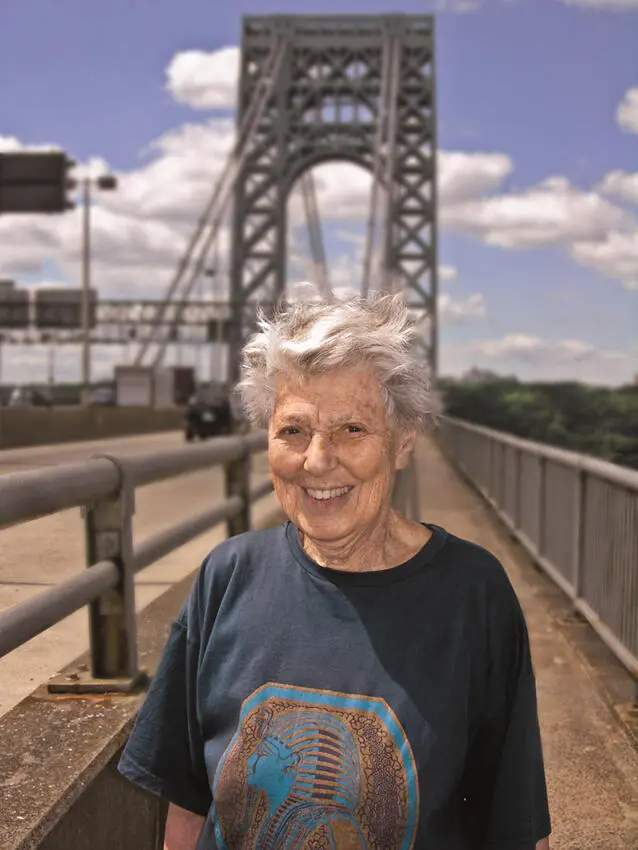
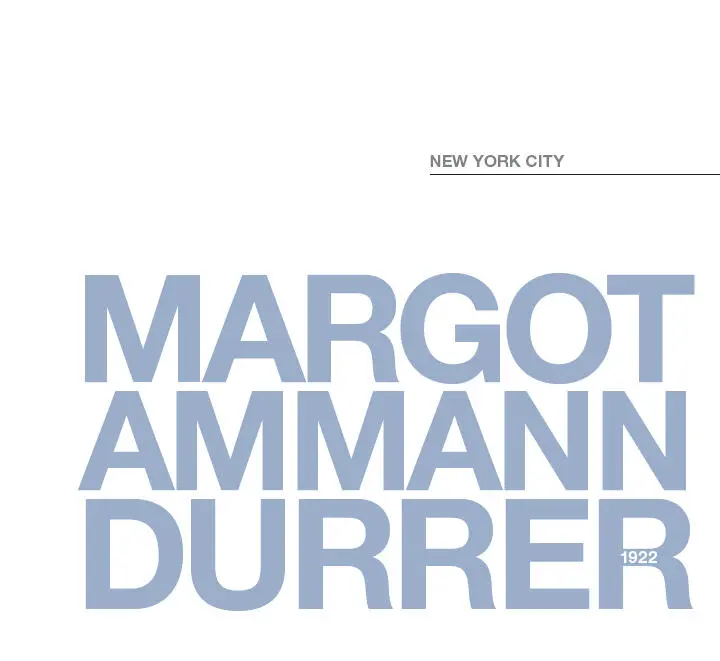
“The first time I ever watched television was at the 1939 World’s Fair in New York. For me it was a marvel. General Motors had a great hit with this new wonder of the world. Another popular place at the Fair for the Swiss was the Swiss Pavilion. In the foreshadowing of the Second World War it offered a bit of the homeland. Everyone was very patriotic and one heard Swiss dialect spoken all around. Almost once a week our family drove to the Fair from New Jersey – as a teenager I could join the official events to which my father was invited, or simply went with friends for a raclette or fondue.”
Margot Ammann Durrer is the daughter of the Swiss structural engineer and bridge builder, Othmar H. Ammann. She speaks an American brand of her Swiss dialect. The longer the conversation lasts the more extended and colorful her vocabulary becomes. “In my heart I am both American and Swiss; rather than a conflict, this is an asset. Although I was born in America, my Swiss background has made its mark throughout my life.”
From her apartment on the 20 thfloor of a high rise building in Manhattan she has a view beyond the roofs and water towers of the Upper East Side. Summer flowers are in bloom in pots on her small terrace. From somewhere a gentle bell is chiming in the wind and finches are pecking at sunflower seeds in the birdfeeder.
She leans over the railing where a small American flag is fluttering: “I have no fear of heights. I probably inherited that from my father.” Back inside at the card table, she lays out a book of the Ammann family of Schaffhausen as well as a scrapbook of her father. The Seth Thomas clock is chiming every fifteen minutes.
“My father built long span suspension bridges here in America. In a symbolic sense I have built a bridge for myself between America and my Swiss heritage through frequent visits to Switzerland, as well as working there for a year – and my association here with Swiss activities and organizations such as the Swiss American Historical Society.”
It was only in recent years that Margot got to know details about the private life of her parents. “Mostly I learned these from the 485 letters that my father had sent from New York to Switzerland at the beginning of the last century to his parents and to my mother. My grandmother had saved these letters, often six to eight pages long, carefully bound in red ribbons in bundles according to year. After her death, these precious bundles traveled back over the ocean, returning to my father. His letters to my mother before they were married were saved in a lovely painted wooden box.” Margot adds: “It gave me great comfort to read the private thoughts and hopes of my father and also the expressions of love for his parents and my mother. From these valuable writings I also learned of the happiness he and my mother found in their lifetime in America. Letters are like valuable footprints of a person.”
While the official papers of Othmar Ammann are kept in an archive at the library of the ETH, the Swiss Federal Institute of Technology in Zurich, Margot has kept his personal papers. “These are always helpful for researchers and reporters to consult for details of his private life. I translated his letters into English as well as the Archive records of the Ammann family of Schaffhausen, going back to 1450. In my eighties, I finally learned, through the patient direction of a friend, the use of the computer’s word processor, which enabled me to bring these translations up to the state of the art.”
Margot noticeably enjoyed the review of her life. “I have not reminisced on my childhood and adolescent years for a long time. I thought I had forgotten everything! It is wonderful to review my life, scene for scene – as if on stage in a theatre.”
But first she turned the pages in her father’s album to the description of his first years in America. “In 1904, at the age of 21, father came here to gain experience from the vast engineering opportunities before marrying his childhood sweetheart, Lilly Wehrli and settling down to raise a family and practice his profession in Switzerland. He wrote romantic letters back to Switzerland, and soon he was writing, ‘I would like to stay longer in America. But we do not want to spend our youth separated. My dearest, I would like you to come to America.’ She answered, ‘I will follow you anywhere in the world, but I would like to marry here.’ The boat trips to Switzerland and return left only 4 days of his vacation to marry and bring his bride back to America. In the course of the years, new and challenging engineering opportunities kept on presenting themselves, and his planned one-year stay in the United States became a lifetime.”
In 1924, after 20 years of diligent service as assistant to several of America’s outstanding bridge engineers, he was appointed Engineer of Bridges for the Port Authority of New York, in charge of the construction of his own proposed bridge over the Hudson River in New York. The building of this bridge, today known as the George Washington Bridge, brought him professional recognition and the start of a long career as specialist in long span bridges. Margot remembers walking with him on Sunday mornings to a high point near their home in Boonton, New Jersey, from where he could observe through binoculars the progress of the construction of the New Jersey tower of the bridge. She also vividly recalls him coming home from the office in the evening, going first into the garden and walking around a bit, still wearing his hat and business clothes and street shoes, pulling a few weeds or pruning a few straggly branches from a pine tree. This was how he shed the pressures of the office.
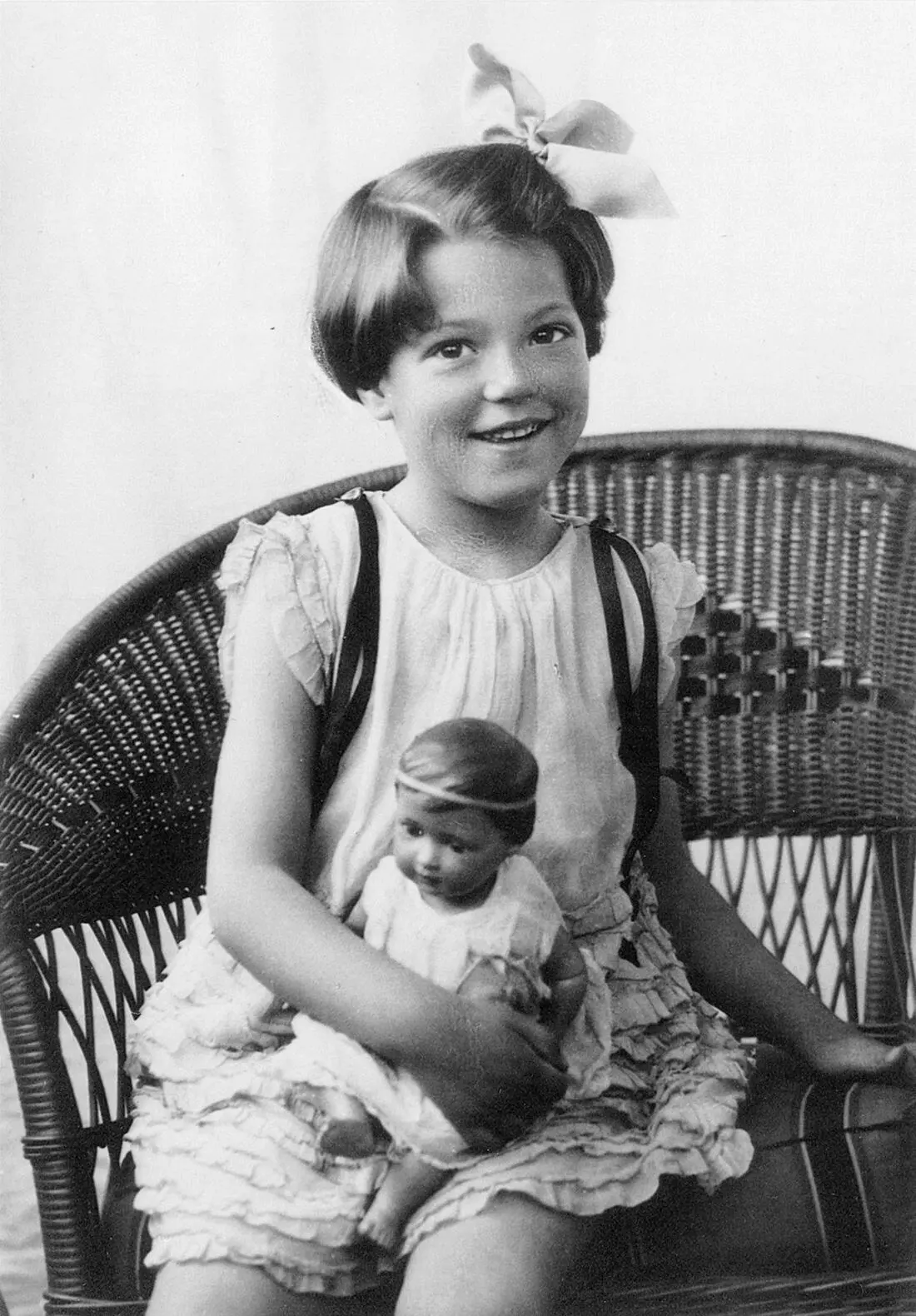
“We like our little sister. She smiles at us in the morning.”
“The several years preceding this appointment were hard times for my parents, living on their savings and hopes for acceptance of father’s plans. On May 31, 1922, with my brothers Werner and George, 10 and 12 years old, I arrived as the last addition to the family. ‘Our little one does not give us any problem for the moment. She is alert and has a strong personality. She will find her way,’ father wrote in a letter to his mother in Switzerland. My brothers added, ‘We like our little sister. She smiles at us in the morning.’ They were very good to me. I often heard about how they taught me to swim, throwing me into the water even before I was able to walk. Everyone spoiled ‘Little Margot’. My childhood was happy and without care. We lived in a house with a large garden, surrounded on two sides with woods and a river. One early memory I have is of sitting with my mother on the terrace while she was sewing. I was her little helper by threading needles for her. I also remember staying with father while he worked in the garden or accompanying him for long walks, with him pointing out certain plants or birds or other beauties of nature. I had a special attachment to my father. He was certainly my first sweetheart. Father gave my brothers and me a lasting example of modesty and honesty. He never pushed us to excel nor ever praised us. He only asked of us that we become responsible, honorable and independent citizens.”
Читать дальшеИнтервал:
Закладка:
Похожие книги на «Westward»
Представляем Вашему вниманию похожие книги на «Westward» списком для выбора. Мы отобрали схожую по названию и смыслу литературу в надежде предоставить читателям больше вариантов отыскать новые, интересные, ещё непрочитанные произведения.
Обсуждение, отзывы о книге «Westward» и просто собственные мнения читателей. Оставьте ваши комментарии, напишите, что Вы думаете о произведении, его смысле или главных героях. Укажите что конкретно понравилось, а что нет, и почему Вы так считаете.
